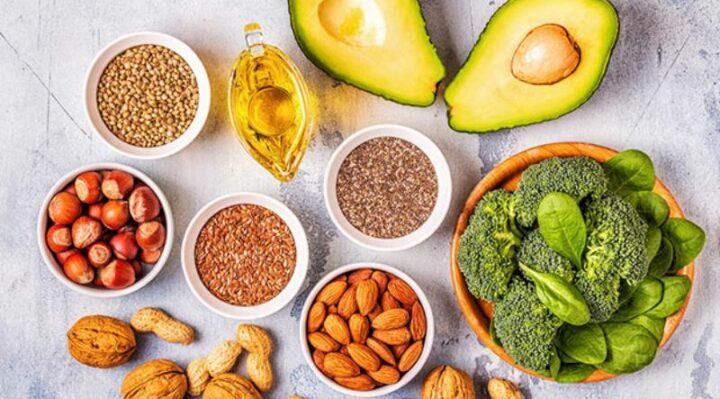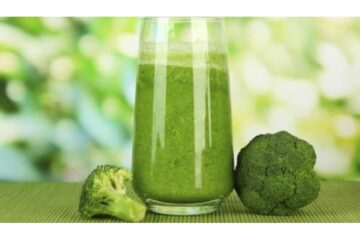
Powering Up: Vegetarian-Friendly Omega-3 Sources
Omega-3 is a polyunsaturated fatty acid that has been linked to a number of health advantages. Growth, proper brain function, and cardiovascular health all depend on omega-3 fatty acids. In addition, it helps reduce lipids and blood pressure to relieve inflammation and joint discomfort.
Walnuts
Omega-3 fatty acids, especially alpha-linolenic acid, which are vital for your health and only present in a few number of plant-based diets, are abundant in walnuts. For the heart and brain to operate properly, among other things, fatty acids are essential.
Soybeans
For vegetarian diets that promote heart health and general well-being, soy is among the greatest sources of omega-3 fatty acids. Omega-3 fatty acids can be obtained by vegetarians by include soy-based foods and beverages such tempeh, tofu, and soy milk in their diet. In addition to offering omega-3 fatty acids, it also lessens the symptoms associated with menopause.
Chia Seeds
One of the best plant-based sources of omega-3 fatty acids, particularly alpha linolenic acid (ALA), is chia seeds. Because of its anti-inflammatory qualities, alpha-lipoic acid (ALA) is essential for heart health, cholesterol lowering, and brain function. Chia seeds support general health and offer advantages akin to those of omega-3 fatty acids found from fish.
Flax Seeds
Another excellent source of omega-3 fatty acids, which are necessary for many body processes, are flax seeds. Including flax seeds in your diet improves the condition of your skin and hair, heart health, and digestion. Flax seeds are a great substitute for diets heavy in fish and promote general well-being.
Algae Oil
Vegetarians can obtain omega-3s from algae-based algal oil, which is a water-based supplement. Packed with EPA and DHA, which promote heart and eye health, lower inflammation, and aid with brain function.


